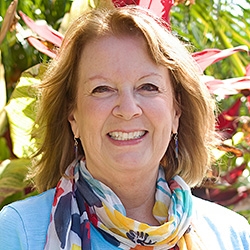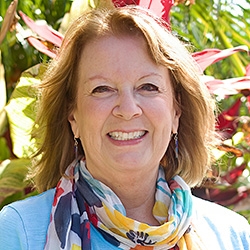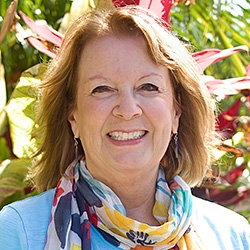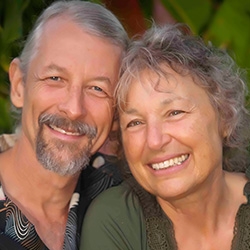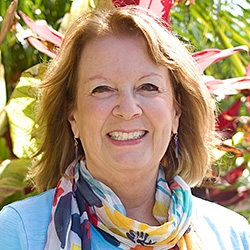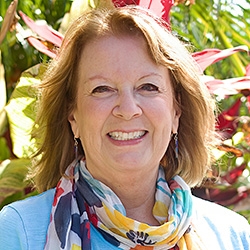

Search Results: compassion
-
Join Jori and Jim Manske to explore, learn and practice an NVC approach to mourning and celebration.
-
-
What could be, more often than not, overlooked when we think about or represent NVC or Marshall Rosenberg's work? This article busts some commonly held ideas and approaches to NVC. It challenges us to widen the lens of what it really means to be "life-serving", or speaking and hearing the "language of life". And it also speaks to how thinking can deepen feeling and relatedness...
-
Trainer Tip: Practicing NVC in situations that are not emotionally charged can give you valuable practice to help you maintain a compassionate consciousness when circumstances are charged. It can help you stay in that consciousness for a longer period of time. You can also practice by naming the needs that you got met in the situations you enjoy.
-
Trainer Tip: In a Compassionate Communication process, we believe there are enough resources in the Universe to meet all of our needs. Most people are stumped because they can only see one strategy for meeting a need. Identify one need that you would like to experience more of and make a list of at least five strategies for meeting it today.
-
Trainer Tip: Mindfulness, focusing on what's happening now, is the foundation of Compassionate Communication. The more present we are, the greater the chance we will be aware of our needs and meet them, thus the greater opportunity for joy. Connect to your feelings and needs at least four times today. Notice how differently you conduct your day when you are mindful.
-
When building successful relationships, it can be very helpful to see yourself as a collection of different inner parts that developed due to various life experiences. Without empathy and acknowledgment, our inner parts tend to work against us. That's when we're called upon to build and develop our inner leadership...
-
Reducing overwhelm requires you to reconnect with your authentic choice, be present and compassionate with what's happening, heal trauma, and interrupt the trauma response. Read on for ways that may help you reconnect with your choice, presence and more on trauma.
-
- Deepen your capacity for self-acceptance and self-compassion
- Bring greater compassion to your relationships
- Increase your capacity for vulnerability and mourning
- Enhance your sense of trusting your own place in life, as well as your purpose
-
Awaken your soul force and live from compassion and clarity while grounded in human needs.
-
Tired of flat, confusing empathy? Cultivate a natural, authentic flow for greater connection.
-
Discover how replacing "niceness" with honesty, passion, and compassion restores aliveness.
-
Strengthen empathy, goodwill, and authenticity at home, meeting life's challenges with grace.
-
Use NVC and mediation tools to transform conflict into authentic connection.
-
The human needs that we all share are the foundation of the Nonviolent Communication (NVC) process because it is in connecting to needs that we find inner freedom, empowerment and compassion.
-
Join CNVC Certified Trainer Arnina Kashtan as she explores enemy images to increase your capacity to embrace life more fully. Free yourself from the “us-them” paradigm and experience true compassion for the people whose actions most trouble you.
-
Heal old messages of unworthiness and find choice in moments of reactivity through self-empathy.
-
Gain practical tools to lead from any seat, engage fear with clarity and step into everyday power.
-
Trainer Tip: We all want to be valued in our totality, to be loved even when we make mistakes. Wouldn’t we also like to offer this to ourselves? Compassion is about seeing the humanness in everyone, including ourselves. One way to express compassion is to remember your entire relationship and history of love with someone as a whole, rather than focusing on one disappointing incident.
-
Strengthen team collaboration by building relationships and navigating shared challenges.
Quick Links

Stay in Touch!
We value your privacy, won't share your email address and you can easily unsubscribe any time.




